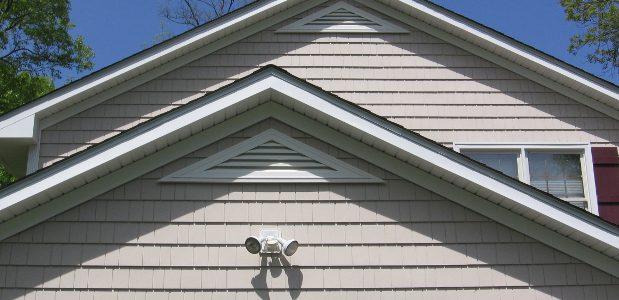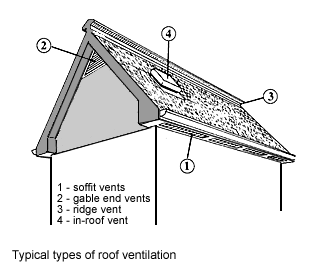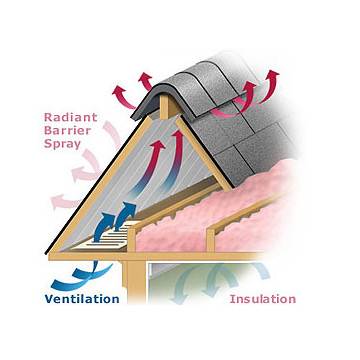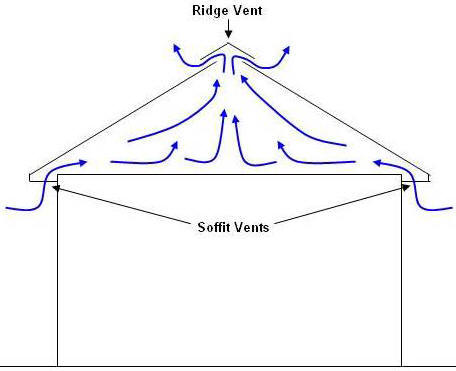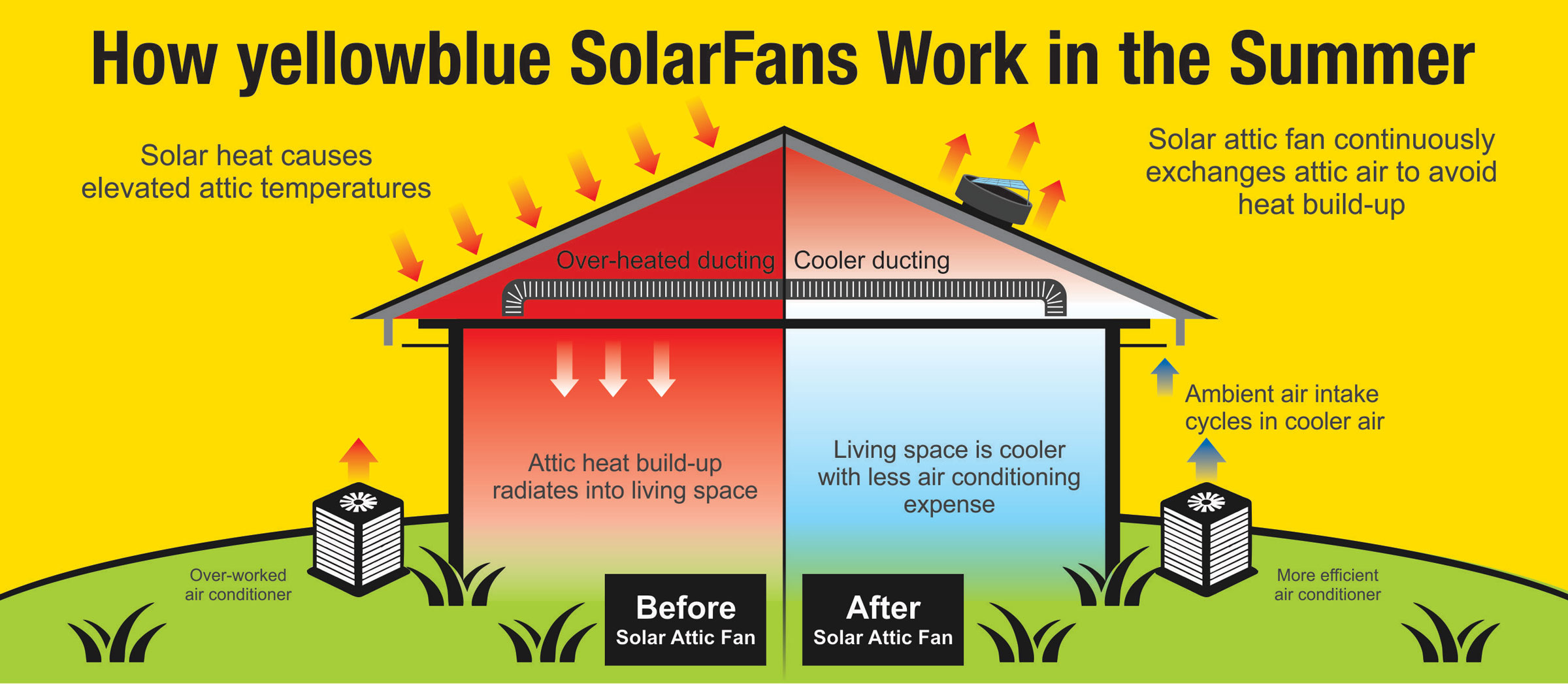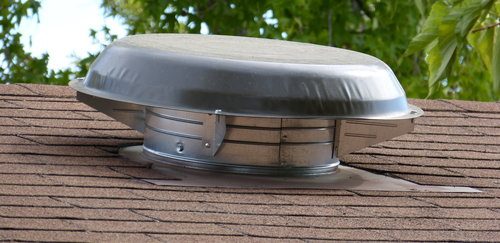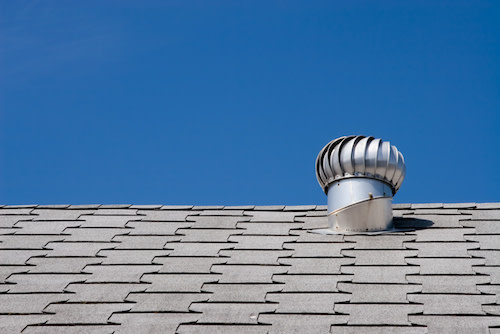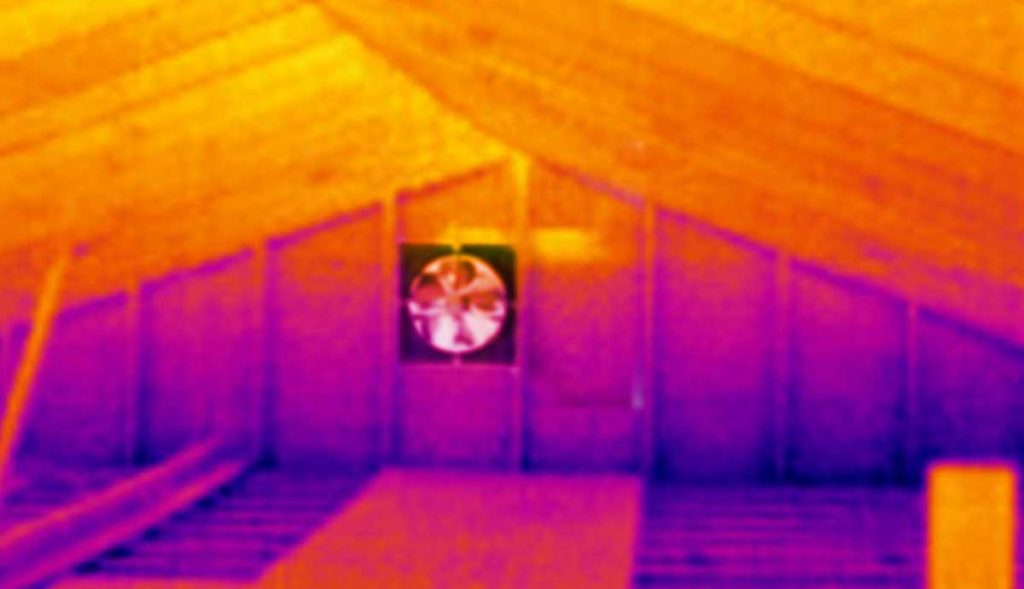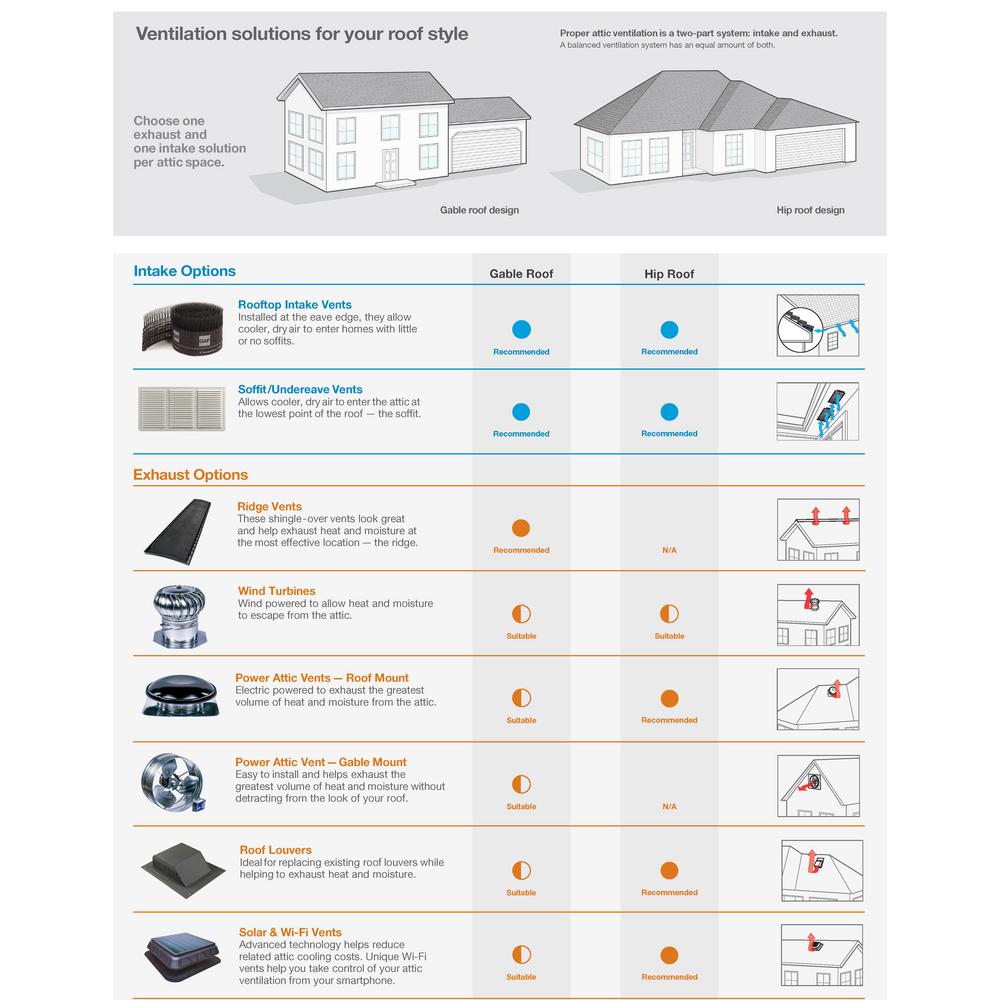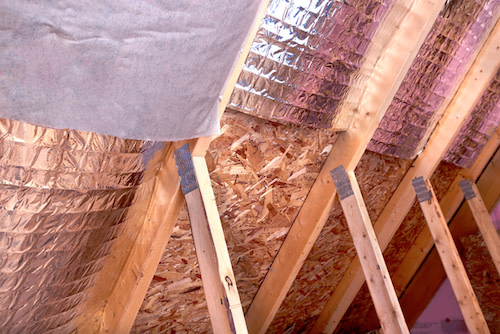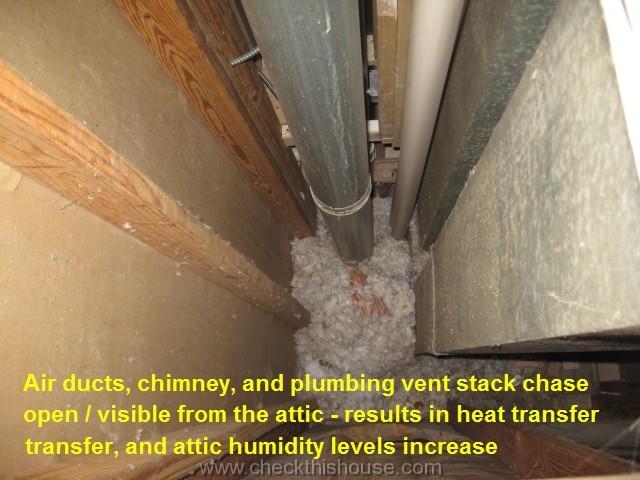Define Attic Vents

They let moisture and hot air exit the attic but they aren t nearly as effective as other types of roof vents and homes generally need to have several of these units for the best results.
Define attic vents. An attic fan can be gable mounted or roof mounted. Intake vents located at the lowest part of the roof under the eaves allow cool. Attic ventilation works on the principle that heated air naturally rises primarily utilizing two types of vents. It is a great ventilation system for your attic or roof on a budget.
A powered attic ventilator or attic fan is a ventilation fan which regulates the heat level of a building s attic by exhausting hot air. Ventilation and attic vents help remove excess heat and moisture to protect your roof from premature deterioration attic ventilation 101. These vents are static vents that are placed over holes in the roof close to the roof ridge. In other words the entire vent opening doesn t count as vented space.
In cold climates the primary purpose of attic or roof ventilation is to maintain a cold roof temperature to control ice dams created by melting snow and to vent moisture that moves from the conditioned space to the attic ventilation acts to bypass the vapour barrier created by most roof membranes. 5 one common code requirement is that the total area of attic vents be equal to or greater than 1 150 of the floor area of the attic with 50 percent or more of the vent area located in the upper portion of the attic. Unlike box vents which are square off ridge vents are usually much longer and thinner. A thermostat is used to automatically turn the fan off and on while sometimes a manual switch is used.
Additional vents are required to draw in fresh air as the hot air is exhausted. See the benefits of attic ventilation get automatic lifetime protection on your entire gaf roofing system. Gable end vents is a roof ventilation system that is placed on either side of a gable roof that assists in cooling down your attic or roof. These vents allow for a cross breeze through your attic blowing out the warm air and replacing it with cooler less humid air.
